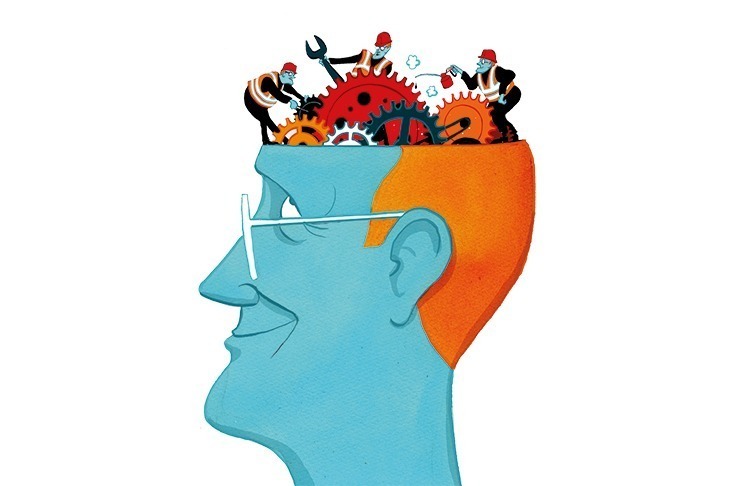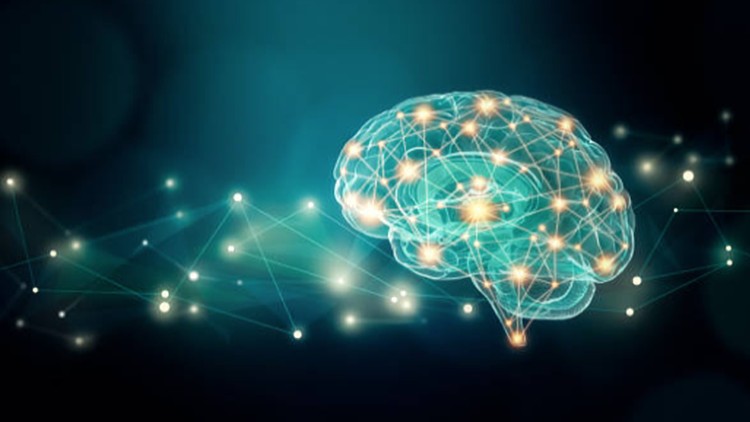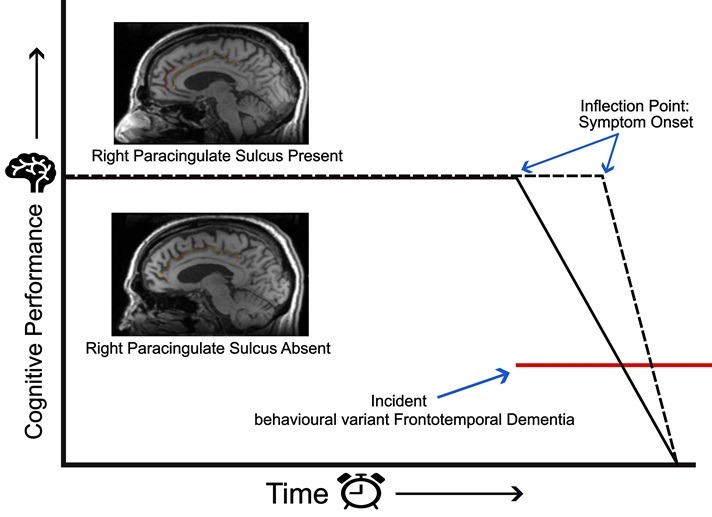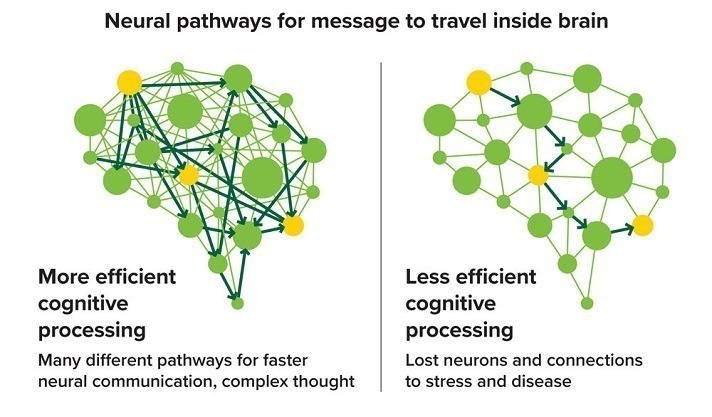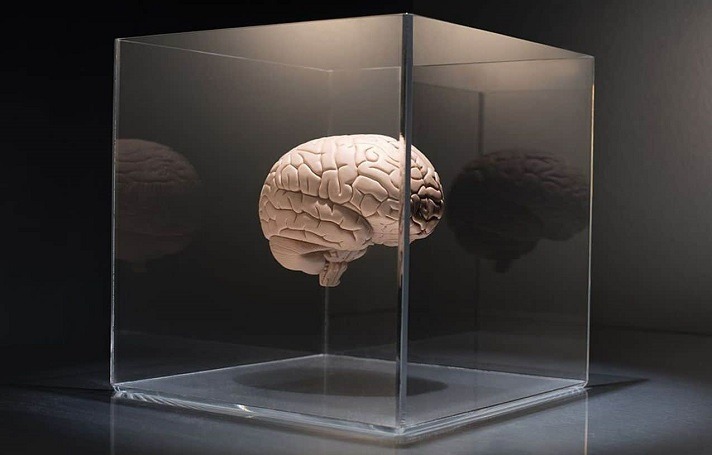Posts Tagged ‘cognitive-reserve’
Study: Cognitively stimulating jobs help us maintain brain health as we age, delaying the onset of cognitive impairment and dementia
Workplace learning could be a boon for wellness, research shows (HR DIVE): Learning and development in the workplace could be a boon for wellness, new research suggests. Doing cognitively demanding work can delay the onset of brain decline and even dementia at an older age, according to the study published April 17 in the journal Neurology.…
Read MoreLifestyle matters: What we can do in 2024 to optimize cognition and life, delaying cognitive problems even dementia
Walk 10,000 steps a day, cut back alcohol, get better sleep at night, stay socially active — we’re told that changes like these can prevent up to 40 per cent of dementia cases worldwide. Given that dementia is still one of the most feared diseases, why aren’t we pushing our doctors and governments to support…
Read MoreStudy identifies protective brain structure that delays the onset of frontotemporal dementia symptoms over 2 years
Few people had probably heard of frontotemporal dementia until earlier this year, when the family of actor Bruce Willis announced the 68-year-old had been diagnosed with the condition. Frontotemporal dementia is a rare disease – thought to account for only one in every 20 cases of dementia. Symptoms usually develop in a person’s late 50s,…
Read MoreBuilding cognitive reserve helps delay memory and thinking decline regardless of genetic or childhood markers
Welcome to a new edition of SharpBrains’ e‑newsletter, featuring timely brain news and a few fun brain teasers to test your perceptual and cognitive skills. #1. Study: Building cognitive reserve helps delay memory and thinking decline regardless of genetic or childhood markers “While our childhood can influence our memory and thinking skills later in life,…
Read MoreStudy: Building cognitive reserve helps delay memory and thinking decline regardless of genetic or childhood markers
Building cognitive reserve could protect against memory and thinking decline, even with low childhood cognition scores (Alzheimer’s Research UK): New research suggests that people who develop high ‘cognitive reserve’ by the time they reach 69 years old may reduce their likelihood of memory and thinking decline, even with low childhood cognitive abilities. The study was…
Read MoreLarge neuroimaging study finds social isolation to be an early indicator of increased dementia risk
Why do we get a buzz from being in large groups at festivals, jubilees and other public events? According to the social brain hypothesis, it’s because the human brain specifically evolved to support social interactions. Studies have shown that belonging to a group can lead to improved wellbeing and increased satisfaction with life. Unfortunately though, many…
Read More
